Image of 1953 Plymouth Suburban, Note: These illustrations use artistic license and may differ from actual historical models.
Performance Metrics
Fundamental Metrics
Emotional Appeal
MMP Rating
| Engine Specifications | |
|---|---|
| Engine: | Inline 6 |
| Displacement: | 217.8 cu in (3.6 L) |
| Horsepower: | 100 hp |
| Torque: | 177 lb-ft |
| Compression Ratio: | 7.0:1 |
| Ignition System: | Distributor and coil |
| Cooling System: | Liquid-cooled |
| Performance Specifications | |
| 0-60 Time: | Estimated 20 seconds |
| 1/4 Mile Time: | Estimated 22 seconds |
| Top Speed: | 90 mph |
| Transmission and Drive | |
| Drive Type: | Rear-wheel drive |
| Transmission Type: | 3-speed manual |
| Fuel and Efficiency | |
| Fuel System Type: | Carburetor |
| MPG: | Estimated 15-20 mpg |
| Dimensions and Brakes | |
| Brakes: | Drum brakes |
| Wheelbase: | 114 inches |
| Weight: | 3,200 lbs |
Note: Specifications for classic cars are given to the best of our ability, considering the limited and variant data available.
1953 Plymouth Suburban: A Pioneering Family Wagon
The 1953 Plymouth Suburban isn't just a car; it's a testament to the ingenuity of post-war American automotive design. Born from the bustling factories of Plymouth, a division of Chrysler Corporation, this vehicle emerged as a family-friendly wagon that would leave its mark on the suburban landscape of the 1950s. With its practicality and style, the Suburban was a precursor to the modern SUV and minivan, offering a unique blend of utility and comfort that was ahead of its time.
Design and Innovation
The exterior of the 1953 Plymouth Suburban is a canvas of post-war optimism, featuring clean lines and an unpretentious charm. Its two-door body style was both attractive and functional, making it a standout in the era's sea of sedans. Inside, passengers were greeted with durable fabrics and an attention to detail that spoke volumes about the quality standards of Plymouth. The dashboard housed a simple yet effective layout, with gauges that provided drivers with all necessary information at a glance.
Technologically, the Suburban was equipped with features that were innovative for its time, including an optional Hy-Drive semi-automatic transmission. Color options ranged from vibrant to subdued, with popular choices like "Texas Brown" and "Spitfire Blue" catching the eye of many buyers. The most iconic body style was undoubtedly the two-door wagon, which offered ample space for families and their belongings.
Historical Significance
The 1953 Plymouth Suburban played a pivotal role in shaping the American automotive landscape. It was one of the first vehicles to cater specifically to the needs of suburban families, setting a precedent for future designs in utility vehicles. Its blend of passenger car comfort with station wagon space set it apart from contemporaries and paved the way for the versatile family vehicles we see today.
Performance and Handling
Underneath its hood, the Suburban housed a reliable flathead six-cylinder engine that delivered modest performance figures by today's standards but was more than adequate for its era. While top speed and acceleration numbers were not headline-grabbing, they provided enough zest for daily driving and weekend getaways. Handling was characterized by a smooth ride quality that absorbed road imperfections well, offering a comfortable driving experience reminiscent of a gentle cruise down Main Street USA.
Ownership Experience
Owners of the 1953 Plymouth Suburban often utilized their vehicles as daily drivers due to their reliability and practicality. Maintenance was straightforward, making it accessible for the average owner to keep their wagon running smoothly. It also found its place at car shows and occasionally in racing events tailored to classic cars.
Fun Facts
The Plymouth Suburban holds several fun facts under its beltline trim. For instance, it was one of the first station wagons to ditch wood paneling for an all-steel body construction. Although not known for breaking speed records, it certainly set trends in design and utility. While celebrity ownerships are not widely documented, this model has appeared in numerous period films and television shows.
Collector's Information
Today, collectors view the 1953 Plymouth Suburban as a charming piece of Americana. While production numbers were not scarce—with tens of thousands made—finding one in pristine condition can be challenging. The value range for these wagons varies greatly depending on condition but typically falls between $10,000 to $30,000. As appreciation for 1950s nostalgia grows, so does interest in models like the Suburban, hinting at potential appreciation over time.
Conclusion
The 1953 Plymouth Suburban stands as an emblematic figure in American automotive history—a bridge between utilitarian pre-war designs and modern family transporters. It encapsulates an era where cars were more than just machines; they were integral parts of the family fabric. As we look back on this classic wagon's legacy, we're reminded that innovation often comes in practical packages—and sometimes those packages have tailgates.
1953 Plymouth Suburban Catalog of Parts
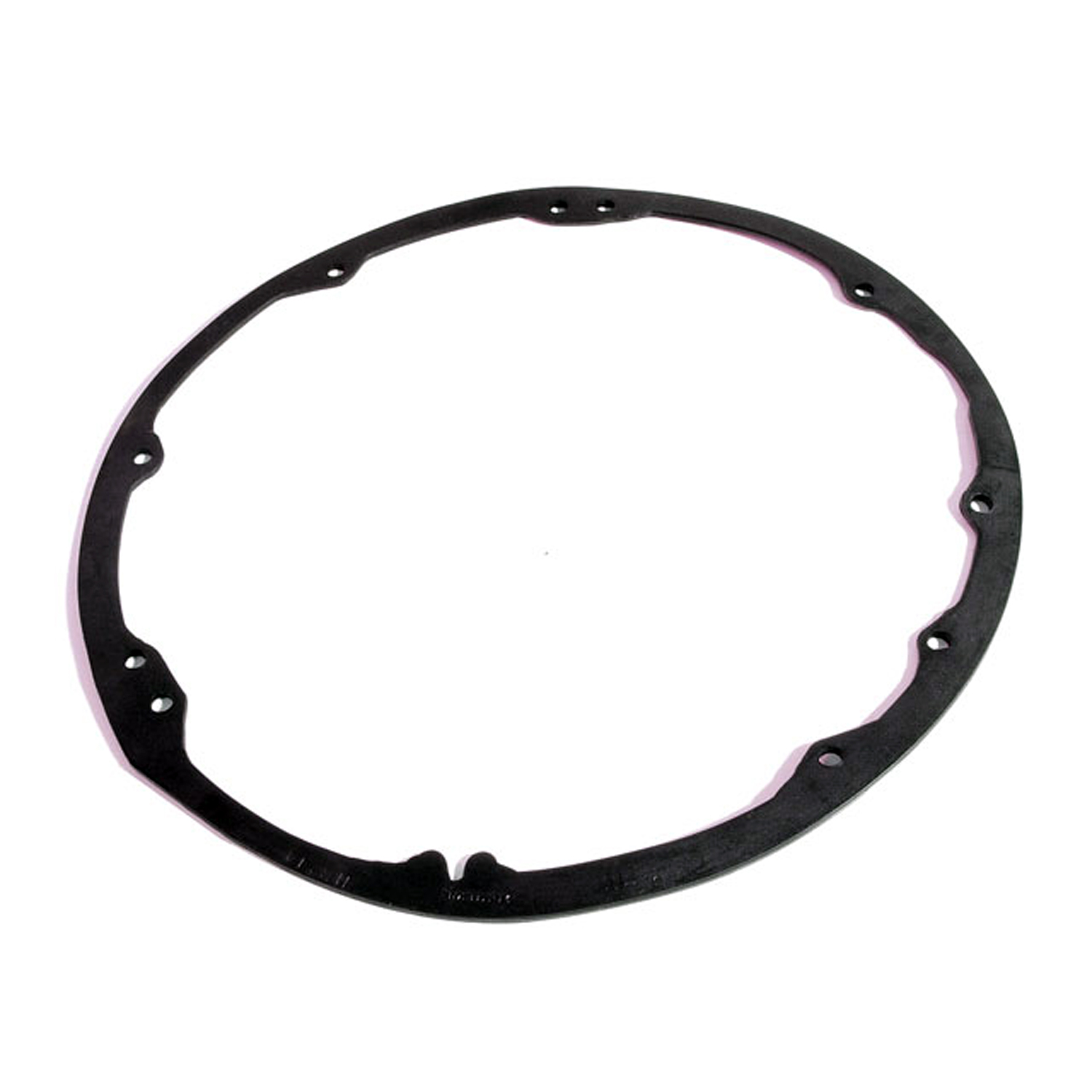 1953 Plymouth Suburban Headlight Ring Seal. 8-3/8" O.D., 7-3/4" I.D. Pair-HR 14Headlight Ring Seal. 8-3/8" O.D., 7-3/4" I.D. Pair
1953 Plymouth Suburban Headlight Ring Seal. 8-3/8" O.D., 7-3/4" I.D. Pair-HR 14Headlight Ring Seal. 8-3/8" O.D., 7-3/4" I.D. Pair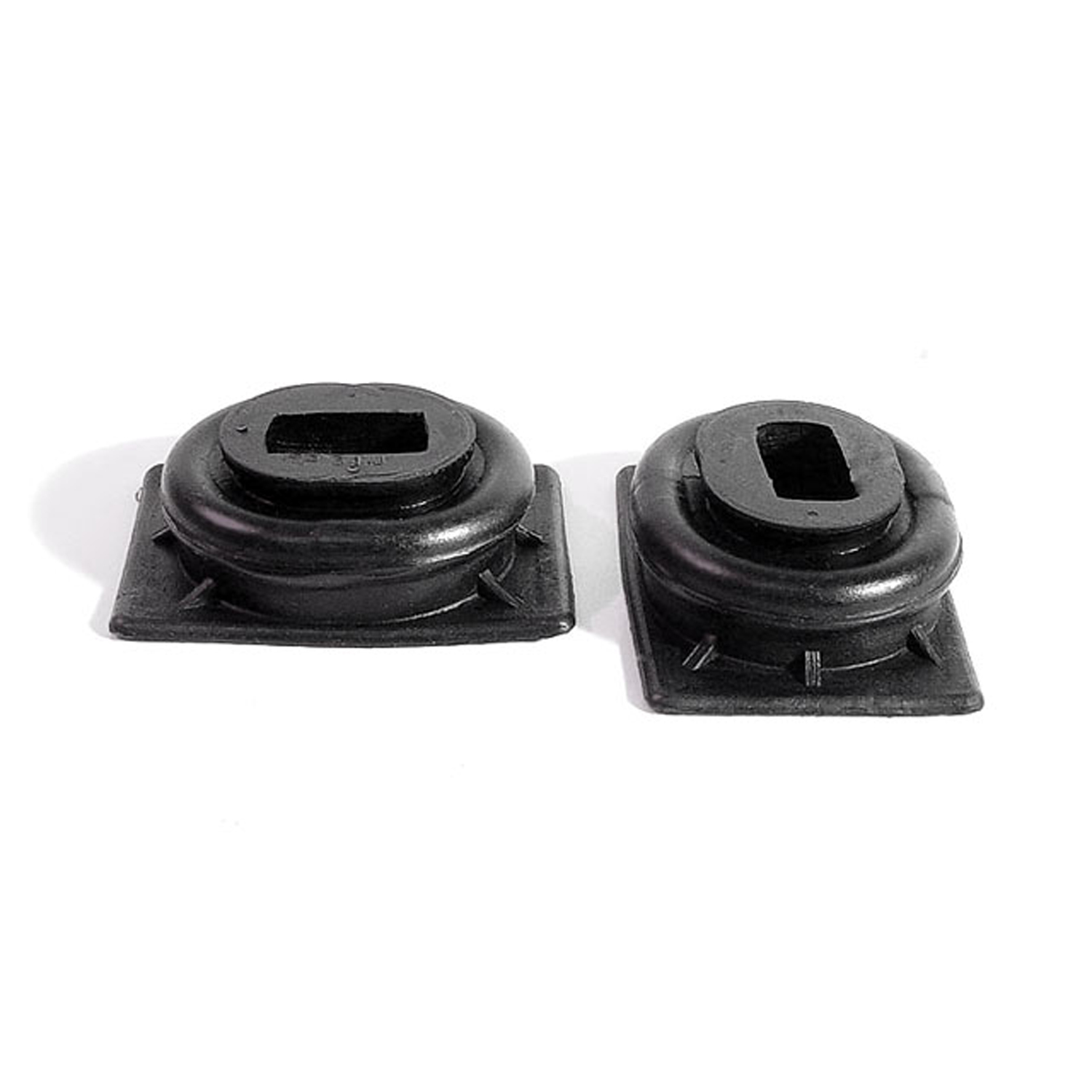 1953 Plymouth Suburban Clutch and Brake Seals. Replaces OEM #889473. Pair-RP 31-JClutch and Brake Seals. Replaces OEM #889473. Pair
1953 Plymouth Suburban Clutch and Brake Seals. Replaces OEM #889473. Pair-RP 31-JClutch and Brake Seals. Replaces OEM #889473. Pair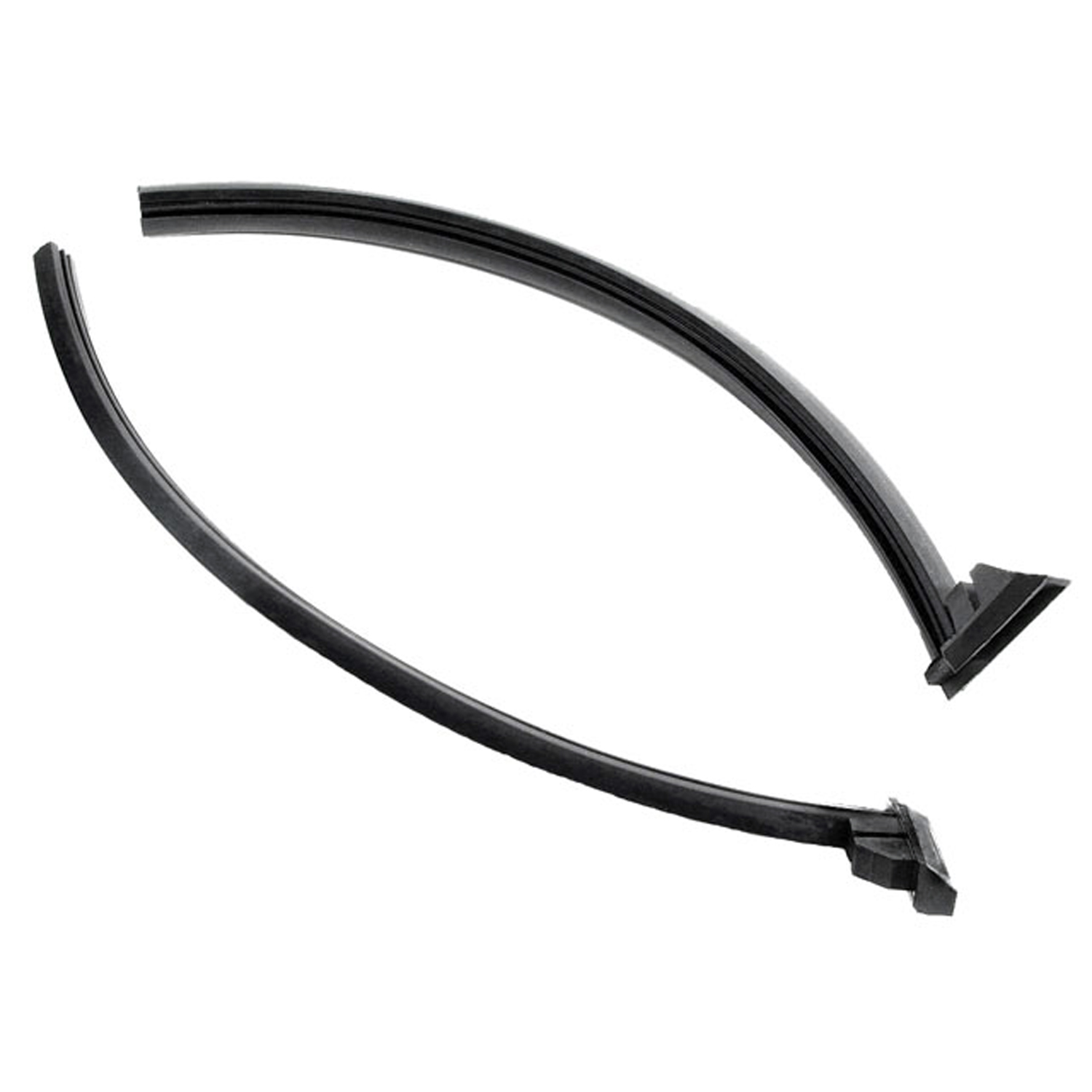 1953 Plymouth Suburban Rear Roll-Up Side Quarter Window Seals. Each piece 15" long-VS 3-BRear Roll-Up Side Quarter Window Seals. Each piece 15" long. Pair R&L
1953 Plymouth Suburban Rear Roll-Up Side Quarter Window Seals. Each piece 15" long-VS 3-BRear Roll-Up Side Quarter Window Seals. Each piece 15" long. Pair R&L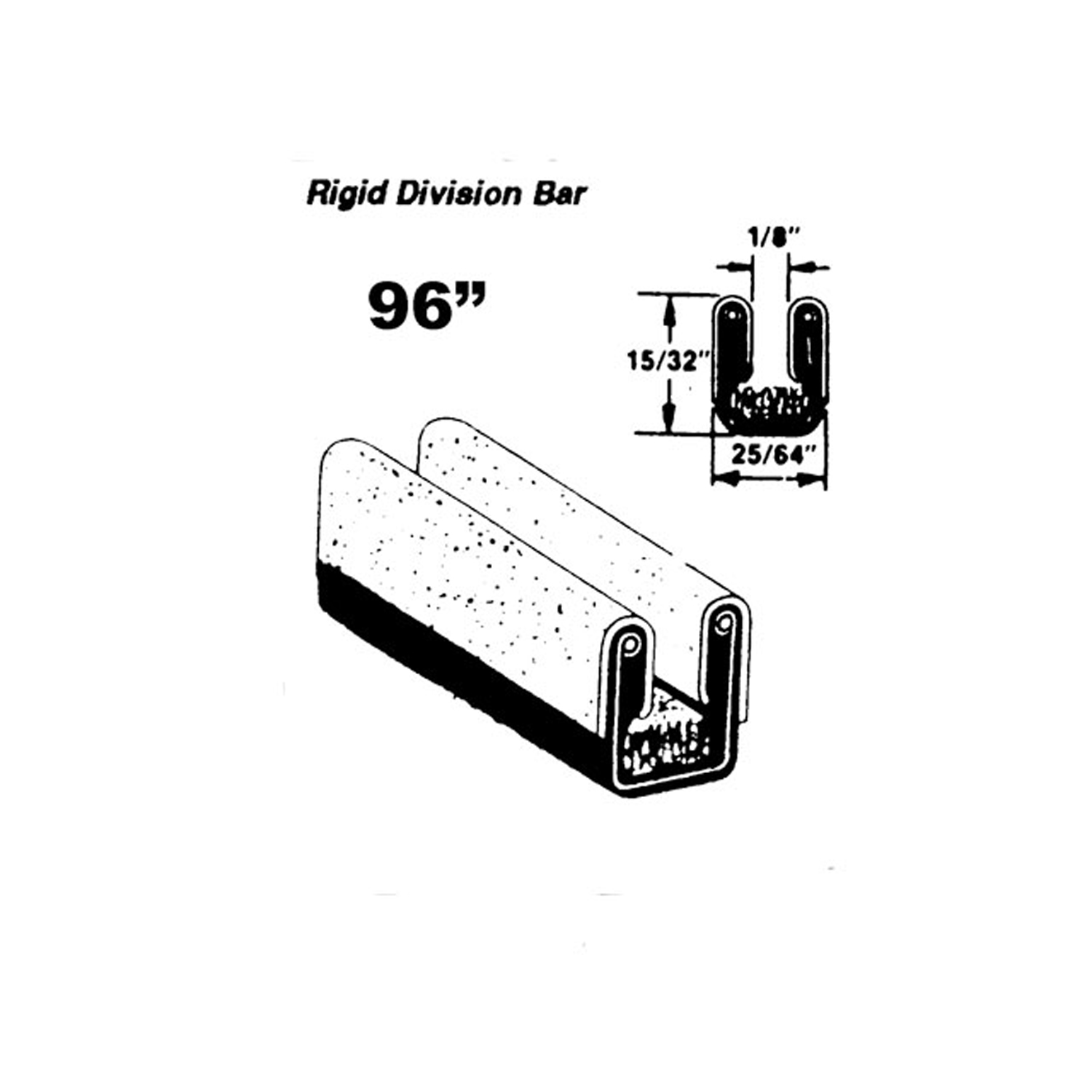 1953 Plymouth Suburban Rigid division-bar run channel-WC 31-96Rigid division-bar run channel. Made with very soft felt lining. Used on front and rear door side windows. 96 in. long. Each. NOTE: $20 special shipping charge applies for domestic orders. Call or email for overseas shipping costs. Part can be sectioned in two or three equal lengths to reduce overseas shipping costs.
1953 Plymouth Suburban Rigid division-bar run channel-WC 31-96Rigid division-bar run channel. Made with very soft felt lining. Used on front and rear door side windows. 96 in. long. Each. NOTE: $20 special shipping charge applies for domestic orders. Call or email for overseas shipping costs. Part can be sectioned in two or three equal lengths to reduce overseas shipping costs.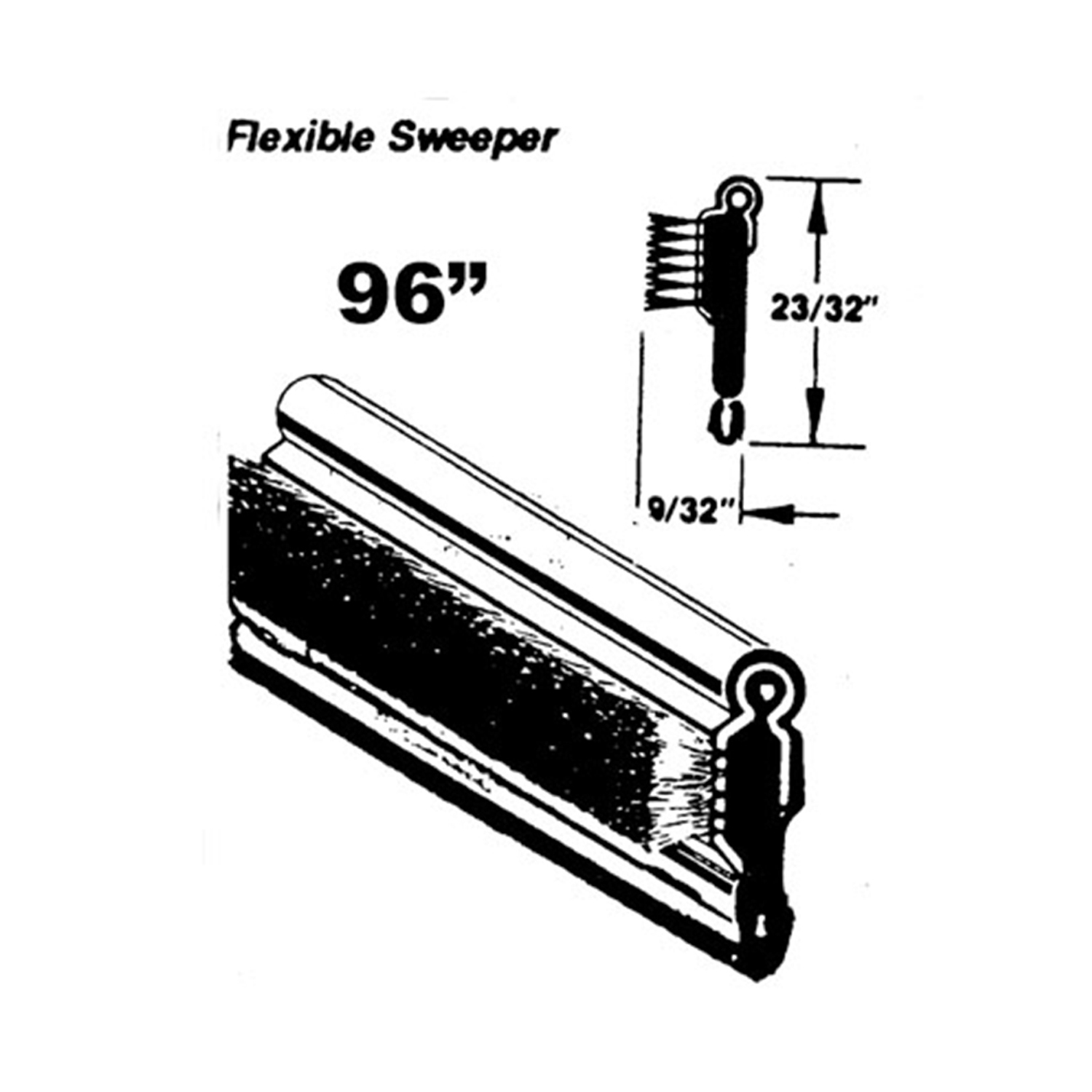 1953 Plymouth Suburban Flexible window sweeper. Made with stainless steel bead-WC 4-96Flexible window sweeper. Made with stainless steel bead. 96 in. long. Each. NOTE: $20 special shipping charge applies for domestic orders. Call or email for overseas shipping costs. Part can be sectioned in two or three equal lengths to reduce overseas shipping costs.
1953 Plymouth Suburban Flexible window sweeper. Made with stainless steel bead-WC 4-96Flexible window sweeper. Made with stainless steel bead. 96 in. long. Each. NOTE: $20 special shipping charge applies for domestic orders. Call or email for overseas shipping costs. Part can be sectioned in two or three equal lengths to reduce overseas shipping costs.Why Choose Metro?
For over 100 years, Metro Moulded Parts has been the pinnacle of quality in classic car restoration parts. Our commitment to precision and authenticity in every component ensures a perfect fit and an OEM-level appearance.
- Expert Craftsmanship & Quality: Each part is a testament to our dedication to reliability and perfection, crafted from original designs and thoroughly tested.
- Advanced Technology: We use cutting-edge techniques to create flawless, long-lasting parts that surpass others in performance.
- SuperSoft Sponge – The Ultimate Door Seal: Not only are our door seals 30% softer than competitors', but they're also guaranteed to never leak. They effectively reduce wind and road noise, enhancing your classic car's comfort and driving experience.
- Proudly American: Our parts are a product of American craftsmanship, made in the USA with a spirit of excellence and heritage.
- Unrivaled Warranty: We back our products with a 30-year industry-leading warranty, a testament to our confidence in their quality.
Join us in preserving the legacy of classic cars with parts that are crafted for perfection, not just made.

